
Commission or Bonus: Which One Can Help You Sell More?
Informieren Sie sich über die wichtigsten Unterschiede zwischen Provisionen und Boni, um festzustellen, welche Vergütungsstrategie den Verkaufserfolg besser fördert und Ihr Team motiviert.

Aufbau eines erfolgreichen Vertriebsteams mit Vertriebsschulungssoftware
Entdecken Sie, wie Vertriebsschulungssoftware Ihr Vertriebsteam zu Höchstleistungen befähigen kann.

Schaffung einer Kultur der Verantwortlichkeit: Die Rolle des Sales Performance Management
Entdecken Sie, wie Sales Performance Management die Verantwortlichkeit fördert und den Erfolg von Gesundheitspraxen vorantreibt, die effektive Managementlösungen suchen.

Top Sales Commission Reporting Software zu folgen im Jahr 2024
Finden Sie heraus, warum eine Software für die Berichterstattung über Verkaufsprovisionen für Ihr Unternehmen unerlässlich ist. Vergleichen Sie die besten Tools von 2024 und finden Sie heraus, welches Ihren Anforderungen am besten entspricht.

Die 10 besten Sales Pipeline Tools zur Steigerung der Effizienz Ihres Teams
Entdecken Sie die 10 besten Tools für die Vertriebspipeline, mit denen Sie Ihren Vertriebsprozess optimieren, die Effizienz steigern und mehr Geschäfte abschließen können. Finden Sie noch heute das perfekte Tool für Ihr Team.

Vertriebsmitarbeiter auf Provisionsbasis: Wichtige Vorteile und Management-Tipps
Steigern Sie die Leistung Ihres Vertriebsteams mit provisionsbasierten Vertriebsmitarbeitern. Entdecken Sie effektive Strategien, Vorteile und Tipps für die Verwaltung und Motivation Ihres provisionsbasierten Vertriebsteams, um außergewöhnliche Ergebnisse zu erzielen.

Vereinbarung über Verkaufsprovisionen: Wie man eine erstellt, Best Practices & Vorlage
Eine Vereinbarung über Verkaufsprovisionen ist ein formelles Dokument, das für Angestellte, die als Handelsvertreter tätig sind, unerlässlich ist.

7 Beispiele für Anreizvergütungen zur Steigerung der Mitarbeitermotivation
Erfahren Sie, wie Spitzenunternehmen die Motivation und Leistung ihrer Mitarbeiter steigern und welche Gründe hinter erfolgreichen Vergütungsprogrammen stehen.

Gebietsplanung: 6 Schritte zur Erstellung eines Gebietsplans mit Best Practices
Bei der Gebietsplanung wird der potenzielle Kundenstamm in verschiedene geografische Segmente oder Marktsegmente für die Vertriebsmitarbeiter aufgeteilt.

Top 3 Account Manager Compensation Plans: Strategies to Drive Retention & Revenue Growth
Der Vergütungsplan für Kundenbetreuer zeigt auf, wie sich ihre Bemühungen in finanziellen Belohnungen niederschlagen und sie motivieren, bestimmte Ziele zu erreichen.

11 einzigartige Ideen für Incentives zur Umsatzsteigerung [Ausgabe 2024]
Anreize zur Umsatzsteigerung sind Belohnungen, die den Verkäufern als Anerkennung für ihre Leistungen angeboten werden.

4 Gründe für die Automatisierung des Provisionsverkaufsrechners
Der Provisionsverkaufsrechner ist ein Hilfsmittel zur Berechnung des Geldbetrags, den ein Verkäufer aufgrund seiner Verkaufsleistung verdient.

Top 10 Provisionsmanagement-Software, die Ihre Investition im Jahr 2024 wert ist
Software für das Provisionsmanagement ist ein Werkzeug, das den Prozess der Berechnung, Verfolgung und Auszahlung von Provisionen an Mitarbeiter automatisiert.

Ein Sechs-Schritte-Leitfaden zur Auswahl der richtigen Software für Provisionsberichte
Die Software für die Berichterstattung über Verkaufsprovisionen ist ein Werkzeug, das eine effektive Verwaltung und Verfolgung der Verkaufsprovisionen ermöglicht.

Ein ultimativer Leitfaden zum Verständnis von Gewinnspielen
Verkaufswettbewerbe sind ein strategischer Ansatz zur Motivation und Incentivierung von Verkaufsteams, um das gewünschte Verkaufsverhalten zu fördern und letztendlich bestimmte Geschäftsziele zu erreichen.

Erstellen einer Scorecard für Vertriebsmitarbeiter in 6 Schritten auf der Grundlage bewährter Praktiken branchenführender Unternehmen
Eine Scorecard für Vertriebsmitarbeiter ist ein formales Dokument, das die Leistung eines Vertriebsmitarbeiters anhand von Schlüsselkennzahlen verfolgt, die sowohl das Aktivitätsniveau als auch die Vertriebsergebnisse umfassen.

7 Provisionsstrategien für Vertriebsmitarbeiter, die von Fortune 500-Unternehmen beeinflusst werden
Die Provision für Handelsvertreter ist ein leistungsbezogener Anreiz, der einen Handelsvertreter dazu motiviert, sich besonders anzustrengen und seine Verkaufsziele zu übertreffen.

Management von Vertriebspartnern anhand von Beispielen und Strategien verstehen
Die Verwaltung von Vertriebspartnern ist für Unternehmen von entscheidender Bedeutung, wenn es darum geht, den Umsatz zu steigern, die Kundenzufriedenheit zu erhöhen und enge Beziehungen zu den Partnern aufzubauen.

Die Bedeutung der Automatisierung von Verkaufsanreizen für Startups und KMUs
Die Automatisierung von Verkaufsanreizen ist ein entscheidender Faktor für Unternehmen, die unter manuellen Prozessen leiden. Lernen Sie die Bedeutung und Wichtigkeit der Automatisierung von Verkaufsanreizen kennen.

Software für Umsatzprognosen: 5 Schritte zur Auswahl des richtigen Tools für Ihr Unternehmen
Mithilfe von Software für die Absatzprognose können Unternehmen die künftige Nachfrage vorhersehen, potenzielle Engpässe erkennen und ihre Strategien für ein Gesamtwachstum entsprechend anpassen.
Leitfaden zum Verständnis von Clawback: Von neuen Richtlinien zu bewährten Praktiken
Clawback ist eine gesetzlich geregelte Politik, die das Verhalten des Unternehmens aufrechterhält und eine Entschädigung zurückfordert, wenn ein Mitarbeiter ein Fehlverhalten begeht oder wenn eine erhebliche Korrektur der Finanzunterlagen erfolgt.

Warum Ihre Verkaufswettbewerbe nicht funktionieren und wie Sie sie mit Gamified Incentives verlockend machen können
Erfahren Sie, warum Ihre aktuellen Verkaufswettbewerbe möglicherweise nicht ausreichen und wie gamifizierte Verkaufswettbewerbe das Engagement, die Leistung und die Ergebnisse Ihres Verkaufsteams steigern können.

Incentive-Berechnung in Excel-Blättern: 11 häufige Probleme und wie man sie behebt
Fehlerbehebung bei der Berechnung von Anreizen in Excel-Tabellen. Erfahren Sie, wie Sie 11 häufige Probleme lösen und Ihre Berechnungen optimieren können, um einen reibungslosen Ablauf zu gewährleisten.

7 wirksame Strategien zur Einbindung von Vertriebspartnern in der FMCG-Industrie
7 Strategien zur Einbindung von Vertriebspartnern in der FMCG-Branche. Lernen Sie Best Practices, um den Umsatz zu steigern, die Kommunikation zu verbessern und den Erfolg in der FMCG-Branche zu fördern.

Ein Blick in die Zukunft: 5 Trends bei der Vertriebsvergütung im Jahr 2024
Entdecken Sie die wichtigsten Trends im Bereich der Vertriebsvergütung, auf die Sie 2024 achten sollten, und erfahren Sie, wie diese Ihre Strategie beeinflussen können. Von innovativen Anreizstrukturen bis hin zu technologiegestützten Lösungen - diese Trends helfen Ihnen, sich an die sich verändernde Landschaft der Vertriebsvergütung anzupassen.

Der Preis für einen schlecht konzipierten oder schlechten Incentive-Plan ist höher als Sie denken
Ein schlecht konzipierter Plan für Verkaufsanreize kann sich nachteilig auf die Leistung eines Unternehmens auswirken. Ein schlechter Plan für Verkaufsanreize kann das Verkaufsteam demotivieren, die Zielerreichung behindern und letztlich zu Umsatzeinbußen führen.
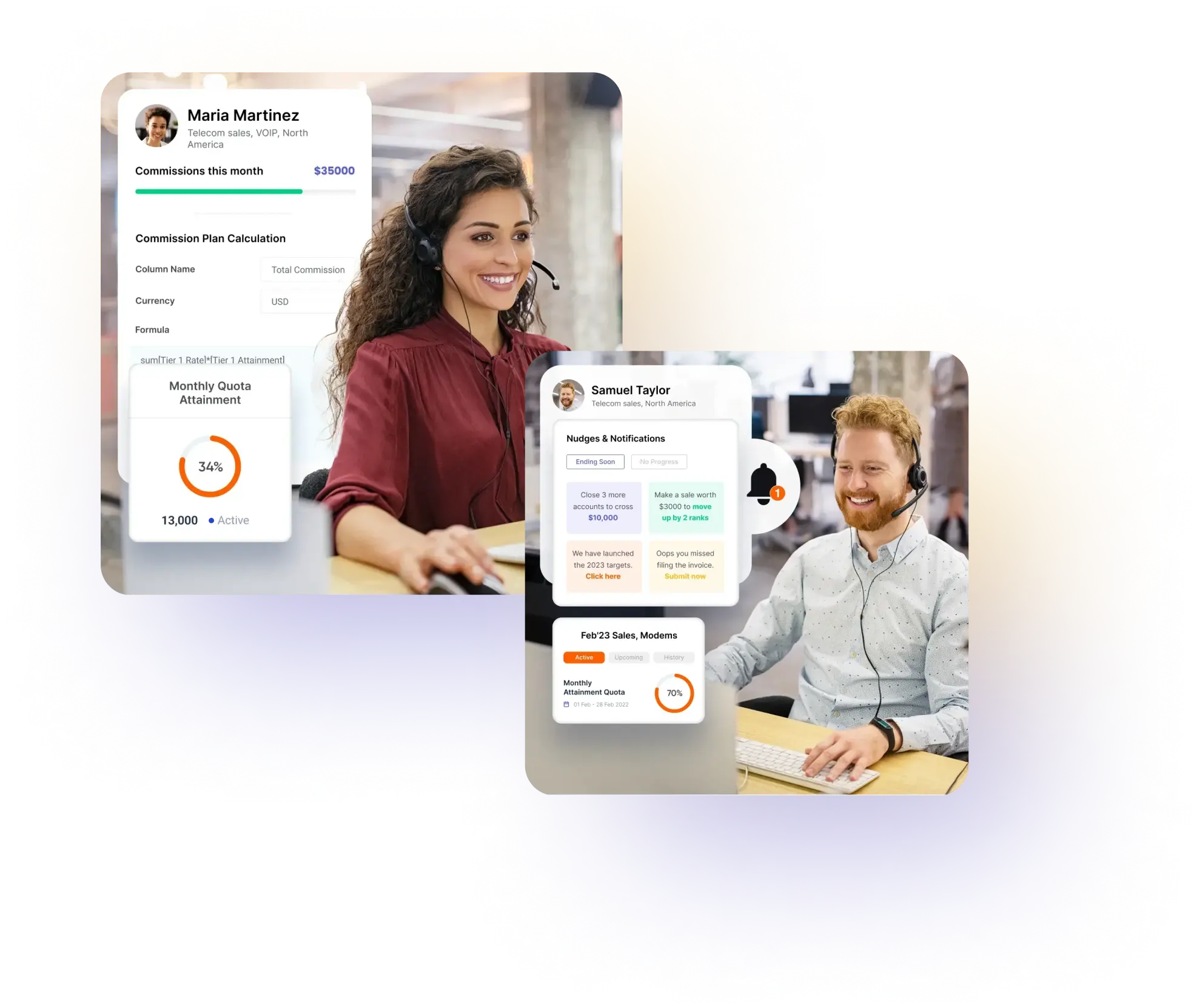
Steigerung des Potenzials von Tele-Support- und Tele-Sales-Teams durch Gamification
Ein White Paper darüber, wie Gamification einem Unternehmen geholfen hat, die wichtigsten Produktivitätskennzahlen (KPI) um 12 % zu verbessern und gleichzeitig die Kosten um 2,5 % zu erhöhen

Wie man Vertriebskanalmanagement betreibt: Aufbau einer perfekten Vertriebsstrategie für den Channel
Denken Sie darüber nach, wie Sie Ihr Vertriebsmanagement gestalten können? Hier ist unser ultimativer Leitfaden zum Vertriebsmanagement und wie Sie damit Ihren Umsatz steigern können.

Leitfaden für den Aufbau und die Skalierung Ihres Vertriebsprozesses
Der Verkaufsprozess besteht aus einer Reihe von Schritten, um Leads in Kunden zu verwandeln. In diesem Blog wird erläutert, wie ein Vertriebsprozess aufgebaut ist und welche Schritte er umfasst.

Verkaufsprovisionen und Incentive-Programme angeboten von Compass
Die Entwicklung eines erfolgreichen Vertriebstrainingsprogramms ist ein komplexer Prozess, der jedoch für Ihr Team von großem Nutzen sein kann. Compass kann Ihnen dabei helfen - mit der Kraft der Gamification.
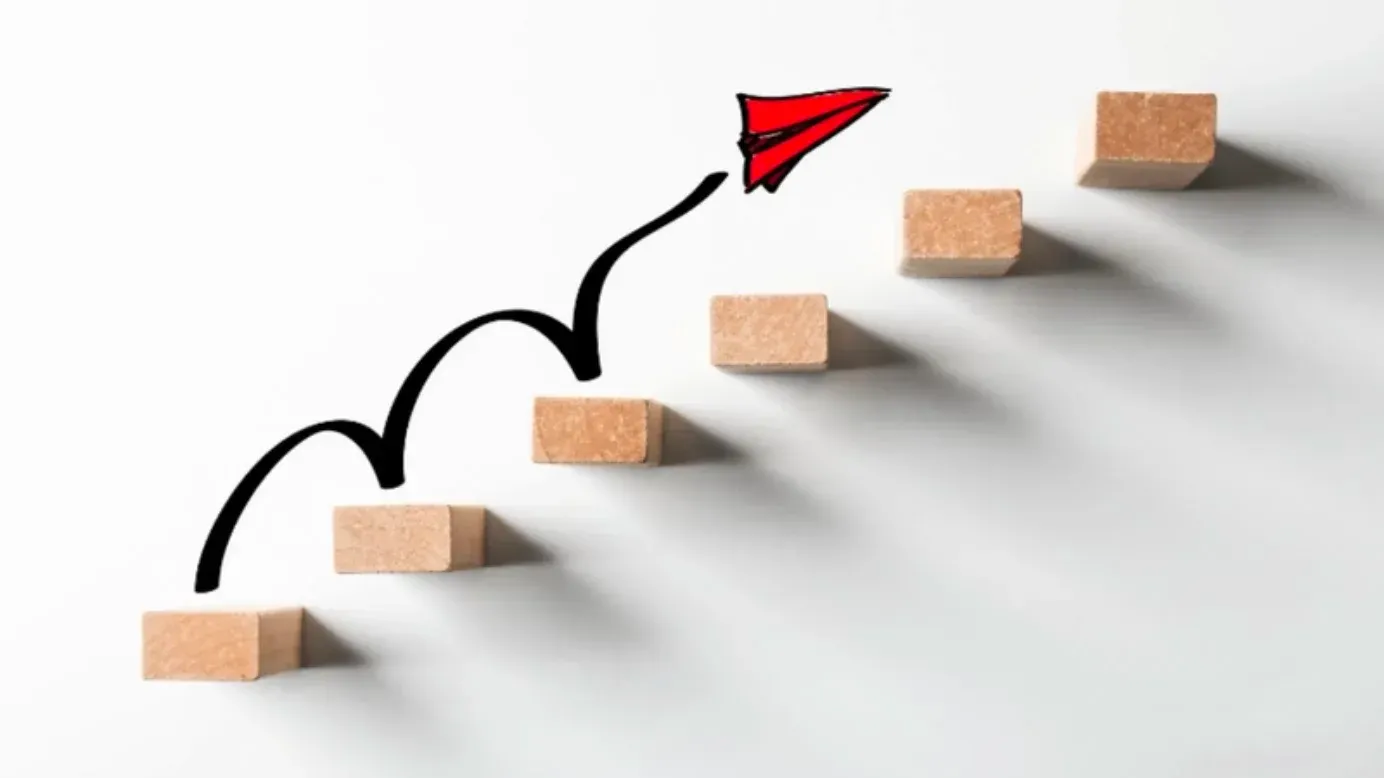
Wie Sie den Absatz im Vertrieb steigern: Die 5 besten Tipps für den Einstieg
Erfahren Sie, wie Sie mit diesen fünf effektiven Tipps den Absatz im Vertrieb steigern können. Von der Identifizierung potenzieller neuer Vertriebspartner bis hin zur Erstellung von Marketingkampagnen, die zu Ergebnissen führen, können Sie den Vertrieb steigern und Ihr Unternehmen ausbauen.

Gamification kann Ihr Team dazu bringen, mehr zu leisten!
Verstehen Sie, wie die leistungsstarken Funktionen von Compass dazu beitragen, die Leistung zu verbessern.

Gamification verbessert die UX für alle
Interessante Wege, wie Gamification das Nutzererlebnis verändert und wie insbesondere Compass dies tut.

Verbesserung der Vertriebsleistung durch Verhaltensanreize (Behavioral Nudges)
Die Verhaltensökonomie hat gezeigt, dass Stupser eingesetzt werden können, um Menschen zu helfen, in ihrem besten Interesse zu handeln. Und die Macht eines Anstoßes ist immens, wenn Unternehmen ihn für ihre Vertriebsmitarbeiter nutzen.
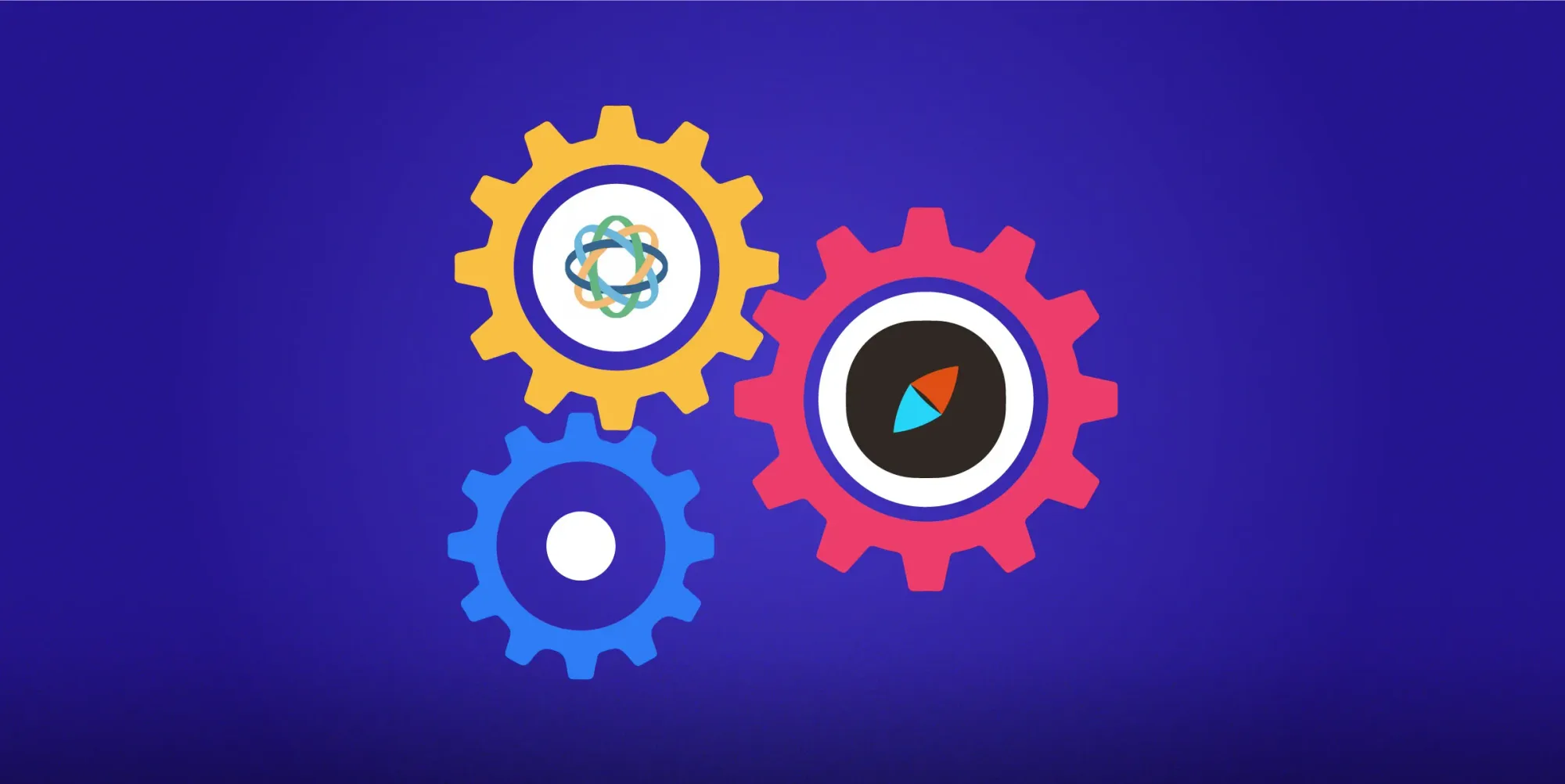
Integration mit Close zur Automatisierung und Gamifizierung von Verkaufsanreizen
Compass holt nahtlos Daten in Echtzeit aus Close - einem der führenden CRM für den Innenvertrieb. Dank dieser Integration können Vertriebsleiter direkt mit der Erstellung von Incentive-Programmen beginnen und haben eine einzige Quelle für alle Daten zu ihren Vertriebserfolgen.

Q&A mit Filialleitern in der Versicherungsbranche
Wir hatten eine Diskussionsrunde mit 118 Filial- und Regionalmanagern aus 14 verschiedenen Versicherungsunternehmen und hier ist alles, was wir aus diesem wertvollen Gespräch mitnehmen konnten.

Kosten-Nutzen-Analyse für die Einführung von Gamification-Software
Die richtige Wahl für Ihre Gamification-Software zu treffen, ist mit diesem Spickzettel über Kosten und Nutzen bei der Einführung einer Gamification-Software einfach.

Die beste Strategie zur Einbindung von Vertriebspartnern: Erfahren Sie mehr über die Einbindung Ihrer Vertriebspartner
Eine Strategie zur Einbindung von Vertriebspartnern ist ein Muss für Unternehmen. Dieser Blog befasst sich mit einer Strategie zur Einbindung von Vertriebspartnern und gibt Tipps zur Entwicklung einer effektiven Strategie, die phänomenale Ergebnisse liefert.

Wie können Sie die Leistung von Spitzenkräften mit Gamification verbessern?
Werfen Sie einen Blick auf diesen kurzen Leitfaden, wie Sie leistungsschwache Mitarbeiter im Verkaufsteam motivieren und sie mit Gamification anregen können.

Gamify-Zielvorgaben zur Beschleunigung des Verkaufs
Zielvorgaben sind aufdringlich. Mit Gamification lassen sich Verkäufe beschleunigen.

10 verschiedene Arten von Anreizprogrammen
Hier finden Sie einen kurzen Leitfaden zu den verschiedenen Arten von Anreizprogrammen für Ihre Vertriebsteams.
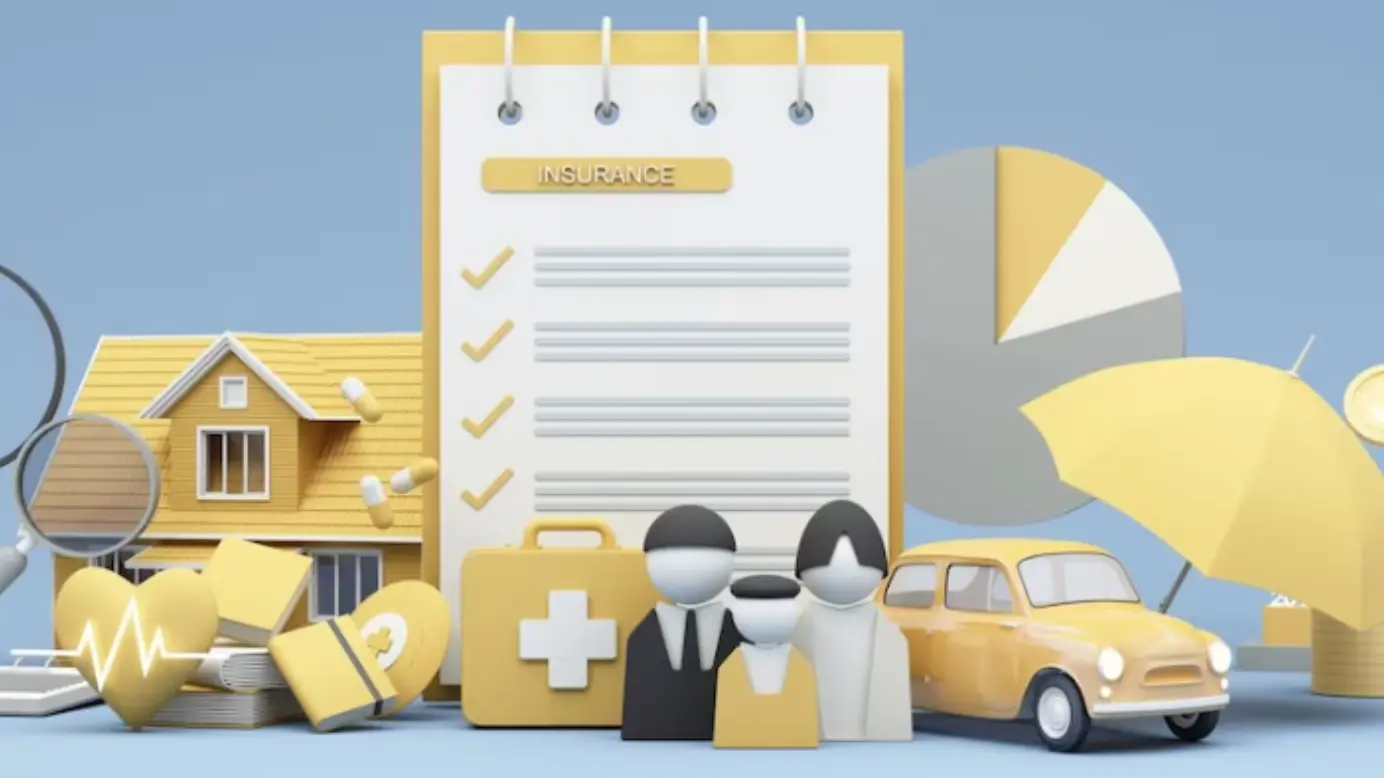
Eine Fallstudie aus der Versicherungsbranche - Compass für das Management von Agenturen
Eine interessante Fallstudie über die Implementierung von Compass und die Ergebnisse für einen der führenden Versicherungsanbieter in Indien.

Eine Fallstudie aus der Versicherungsbranche - Compass für Personalvermittler
Eine interessante Fallstudie über die Implementierung von Compass und die Ergebnisse für einen der führenden Versicherungsanbieter in Indien.
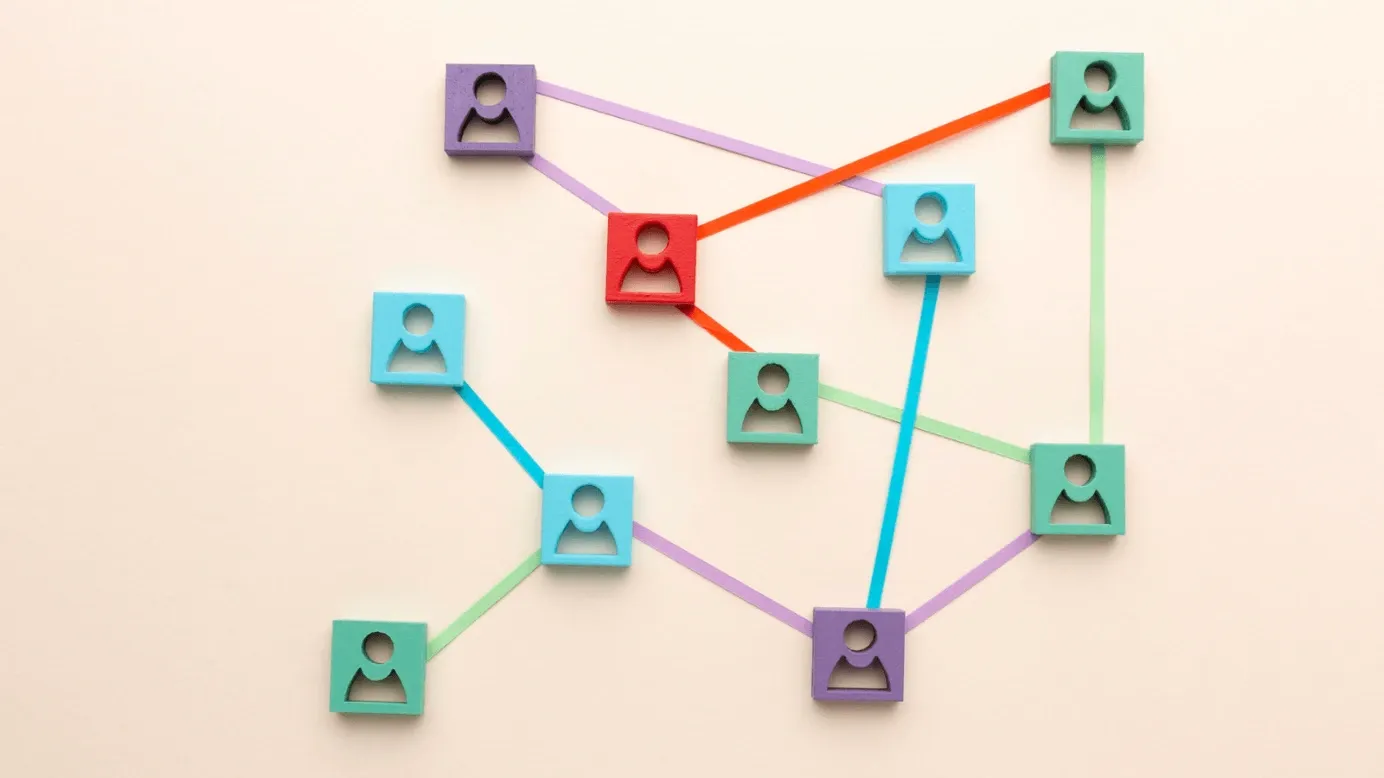
Tools für die Einbindung von Vertriebspartnern
Ihre Vertriebspartner sind einer der größten Umsatzbringer für Sie. Erfahren Sie mehr über Tools, mit denen Sie sie besser einbinden können.

6 wichtige Vertriebsleistungskennzahlen und ihre Verwendung
Um Ihnen die Entscheidung zu erleichtern, auf welche Vertriebs-KPIs Sie sich konzentrieren sollten, haben wir einen Leitfaden mit den wichtigsten Leistungskennzahlen für den Vertrieb zusammengestellt.

7 Wege, wie Gamification Ihnen beim Sparen hilft
Alles darüber, wie Gamification zu geschäftlicher Effizienz und damit zu Kosteneinsparungen führt.

Die Macht der Vertriebs-Gamifizierung Dashboards & Leaderboards: Wie Sie Ihr Vertriebsteam durch Gamification mit Analysen motivieren und fokussieren können
Gamification Dashboards für den Vertrieb ermöglichen es Ihnen, die Leistung im Vergleich zu anderen im Unternehmen zu messen und zu steigern und Ihr Team zu motivieren, seine Verkaufsziele zu übertreffen, indem sie den Geist des Wettbewerbs entfachen.
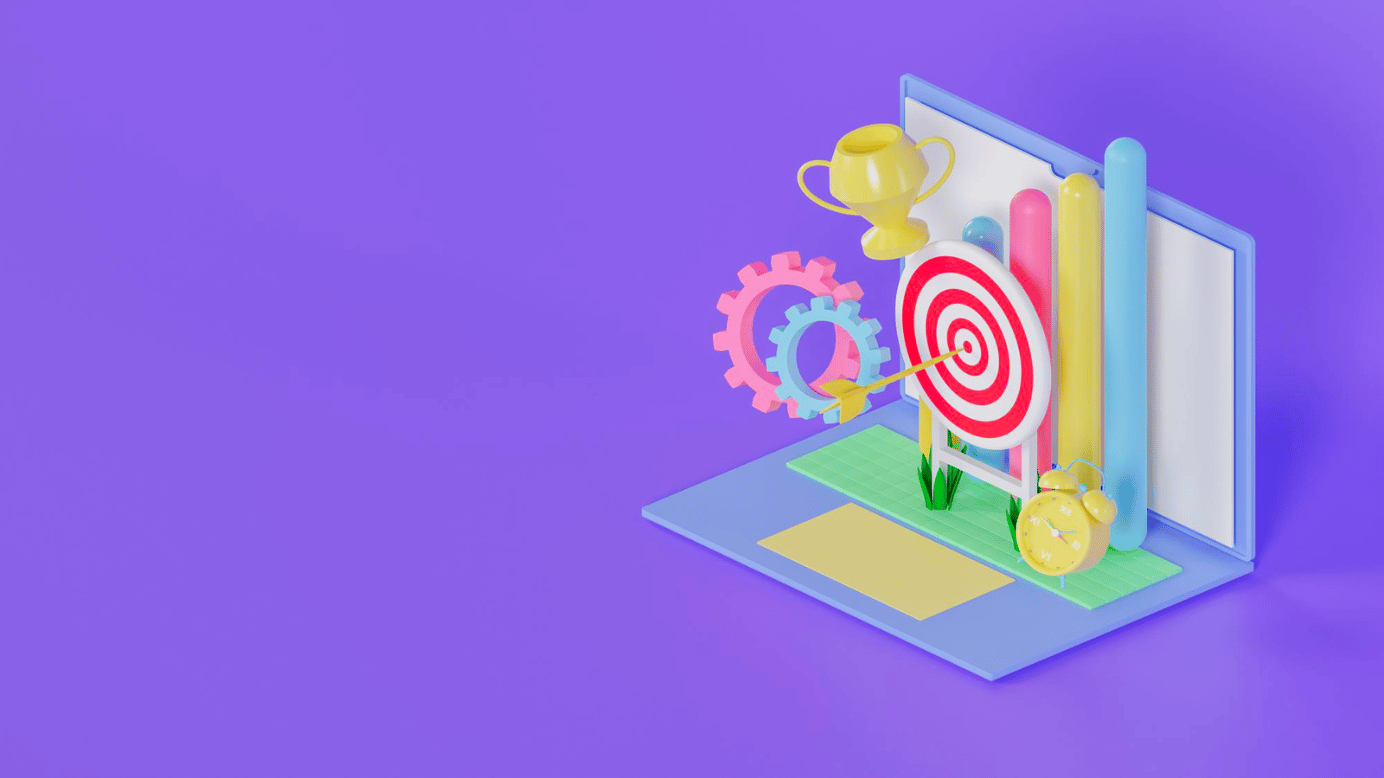
10 Funktionen, auf die Sie bei der besten Software für das Vertriebsleistungsmanagement achten sollten
In der Welt des Vertriebs 3.0, in der wir heute leben, ist die Nutzung von Daten und Automatisierung einfach nicht mehr wegzudenken. Hier kommt das Sales Performance Management ins Spiel.
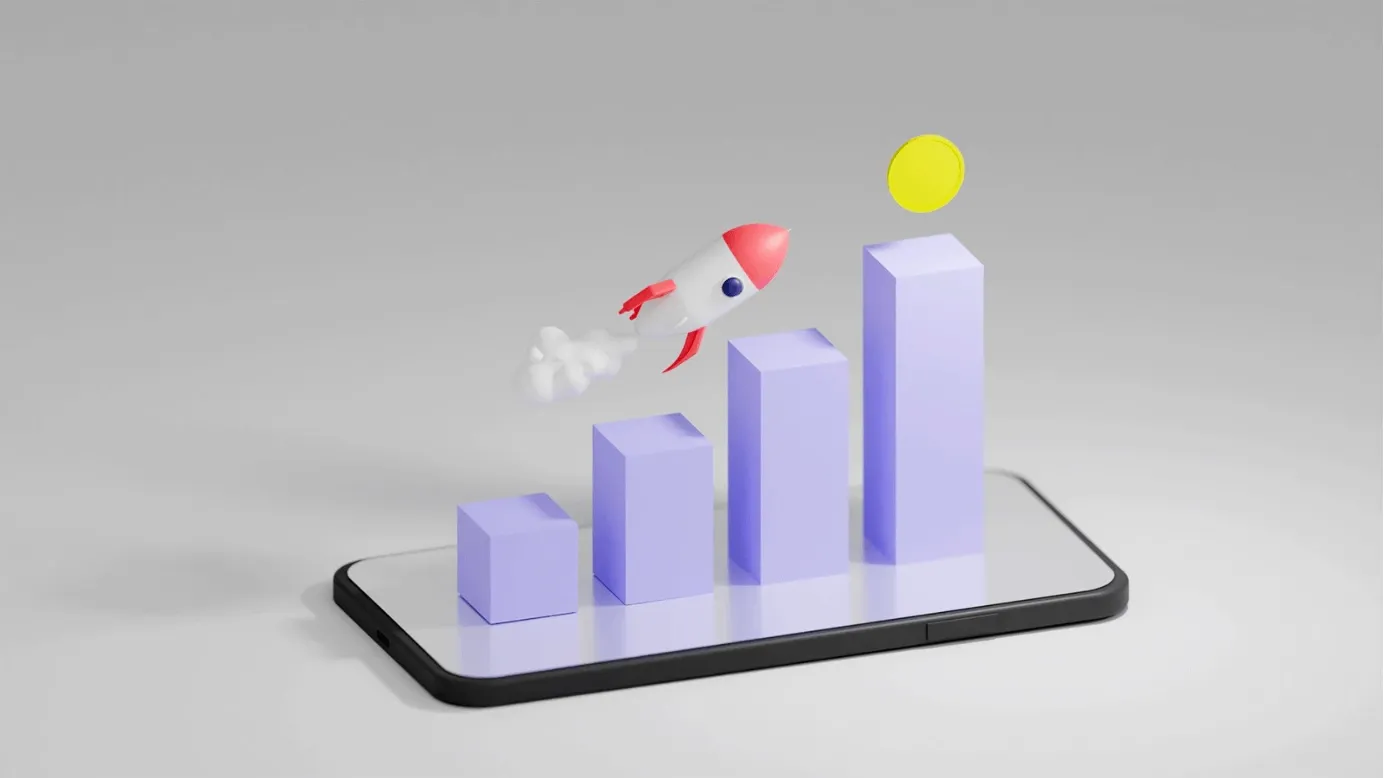
Der vollständige Leitfaden für das Management der Vertriebsleistung
Was treibt Ihre Vertriebsmitarbeiter an, alles zu geben? Hier finden Sie einen umfassenden Leitfaden zu Tools und Software für das Leistungsmanagement im Vertrieb und vieles mehr.

Gamification in der Versicherungsbranche - Umsatz und Effizienz verbessern
Warum ist Gamification in der Versicherungsbranche die ultimative Waffe? Hier sind einige Ideen für Gamification im Vertrieb in der Versicherungsbranche.
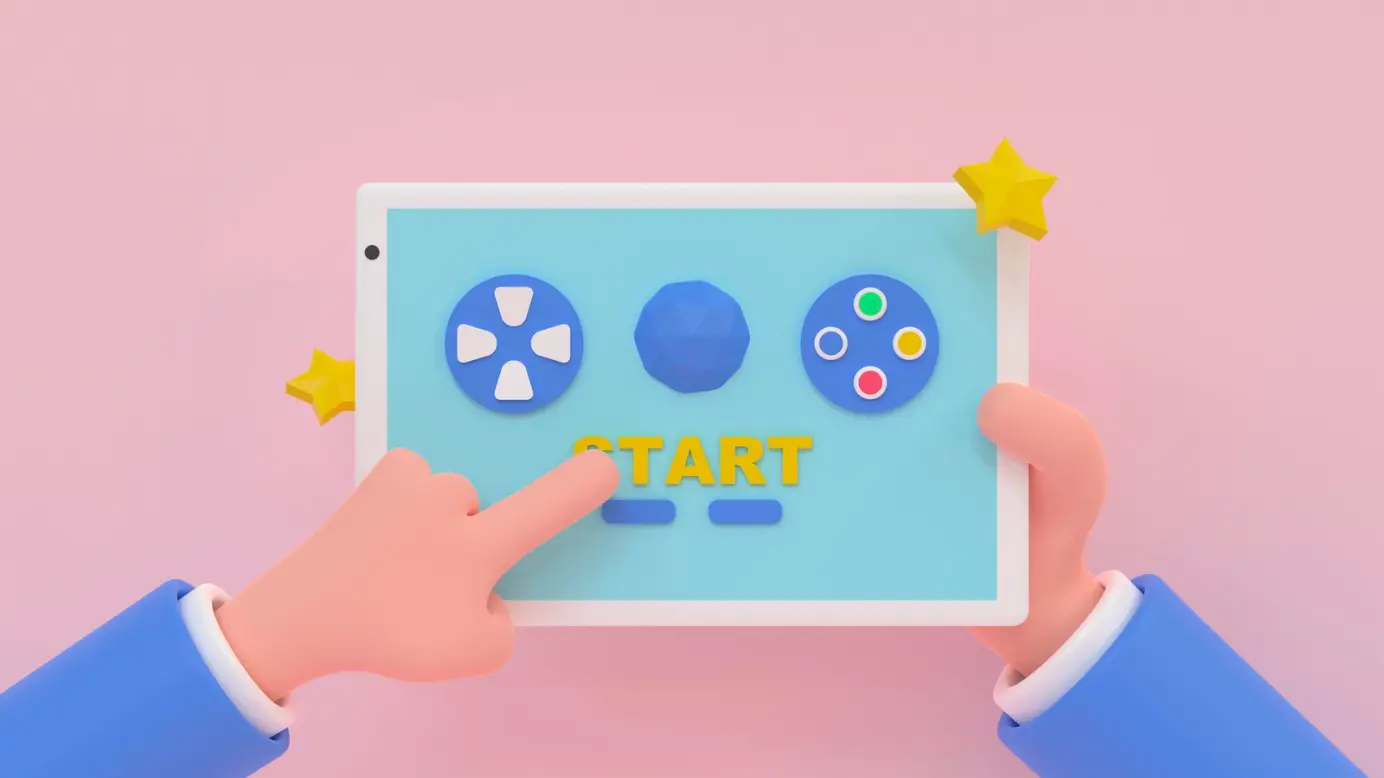
Spielvorlagen von Compass
Entdecken Sie die verschiedenen Spielvorlagen, die Compass anbietet, damit Ihre Verkaufsteams die Verkaufsziele wie ein Spiel erleben können.

Zielerreichung: Der Kern der Vertriebsvergütung
Der OTE (On-Target Earnings) ist ein bestimmter Prozentsatz der Provision für die Mitarbeiter und ist dafür bekannt, dass er das Engagement und die Motivation der Mitarbeiter verbessert.









